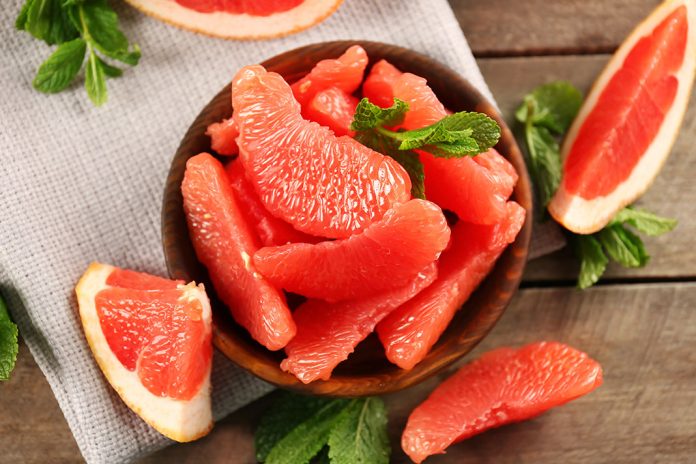Gastroesophageal reflux disease (GERD) is a condition that causes acid reflux, when stomach acid is regurgitated back into the esophagus, often inducing heartburn. Weaknesses or damage to the lower esophageal sphincter (LES), which is the lower epiglottic valve that closes to prevent food reentry, may occur over time due to chronic acid reflux. Doctors can prescribe medication to treat GERD, but they often also recommend patients avoid specific foods that increase gastric symptoms, such as:
1. Foods high in fat
Fried and fatty foods can slow stomach emptying and relax the LES, enabling more acid to re-enter the esophagus. Fatty foods, such as onion rings, french fries, butter, whole milk and cheese, fried meats, potato chips, and creamy sauces, should therefore be consumed sparingly or avoided altogether for acid reflux patients.
2. Acidic fruits
While a major aspect of eating healthy is consuming a variety of fruits and vegetables, highly acidic fruits might increase or worsen GERD symptoms and should be avoided by patients. If you have acid reflux, avoid including oranges, grapefruit, lemons, limes, pineapple, and tomatoes in your diet.
3. Spicy foods
Many people get heartburn when eating savory and spicy foods like chilis, garlic, and onions. However, acid reflux isn’t an issue for everyone who consumes these meals. As such, a food diary can be a great tool to closely monitor the consumption of spicy foods and any symptoms that arise afterwards. Keep note and cut out any spices or foods that cause you discomfort.
4. Chocolate
Chocolate, particularly milk chocolate, is another food that often causes heartburn. Due to the relaxing effects of cocoa and caffeine on the LES, this food can enhance acid exposure in the throat. Studies also reveal that chocolate can lower LES pressure, which may also explain why many patients experience heartburn after eating or drinking chocolate products. If you notice that consuming chocolate causes or worsens your heartburn symptoms, consider removing it from your diet.
5. Coffee and caffeinated beverages
Some patients experience heartburn when they drink coffee or other caffeinated drinks, like soda or energy drinks. Research suggests that, similar to chocolate, caffeine relaxes the LES, raising the chances of heartburn and acid reflux. Additionally, coffee, which is actually quite acidic, may increase the production of gastric acid, thus aggravating the symptoms of heartburn, though research on the issue has generally been inconclusive. Regardless, avoiding or limiting your coffee intake can be a good way to alleviate heartburn and acid reflux.
If you chronically experience heartburn, try keeping a close eye on the foods you eat with a food diary, and cut out or moderate any trigger foods. However, even though avoiding specific foods may help decrease heartburn, it is important to still consult with your medical doctor for tips on how to manage GERD symptoms as well.



